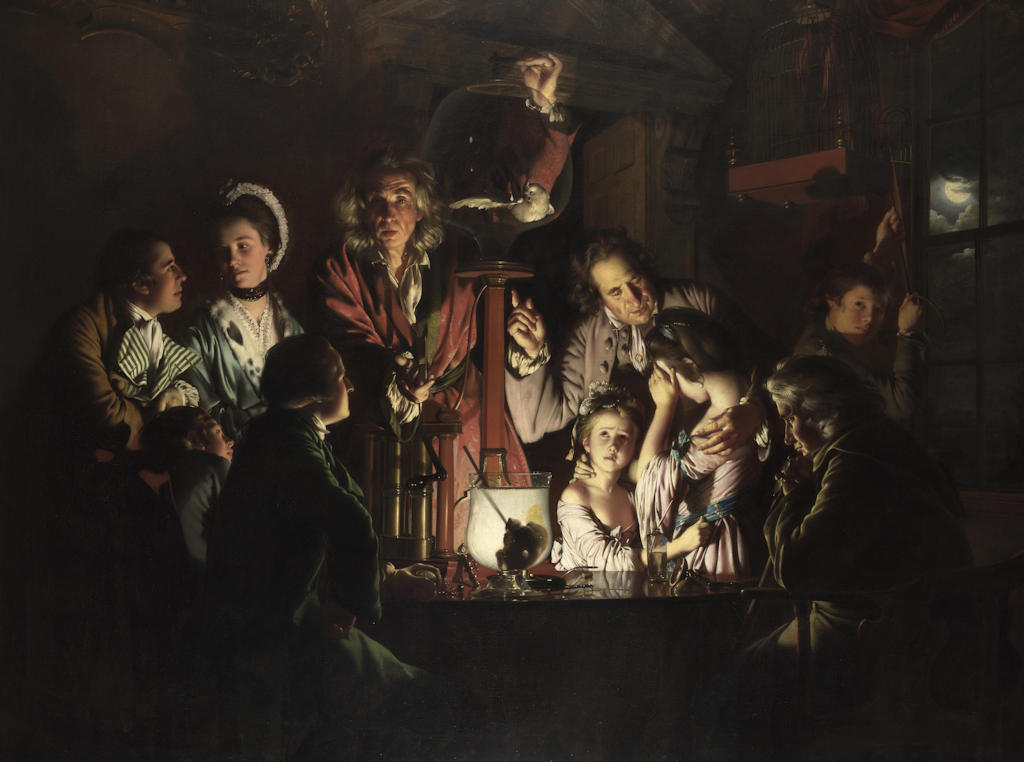One of the key factors that shaped Lisbon's role in the Age of Enlightenment was the establishment of the Royal Academy of Sciences of Lisbon in 1779. This prestigious institution became a hub for intellectual exchange, fostering scientific research, promoting education, and supporting the dissemination of knowledge. The academy brought together scholars and thinkers from various fields, including natural sciences, mathematics, philosophy, and literature, creating a fertile ground for intellectual collaboration and innovation.
Prominent figures emerged from Lisbon's intellectual circles, leaving a lasting impact on the Enlightenment movement. One such figure was the renowned philosopher and writer Marquis of Pombal, who served as the Prime Minister of Portugal from 1750 to 1777. Pombal implemented sweeping reforms in various areas, including education, agriculture, and commerce, aiming to modernize Portugal and promote progress. His enlightened policies and support for science and education played a crucial role in shaping Lisbon's intellectual landscape.
Lisbon also became a center for the dissemination of Enlightenment ideas through the publication of influential journals and books. Notably, the "Gazeta de Lisboa" (Lisbon Gazette), the first Portuguese newspaper, was established in 1715 and became an important platform for the dissemination of news, literature, and scientific discoveries. Additionally, Lisbon's libraries, such as the Royal Library and the Ajuda National Library, amassed extensive collections of books, allowing access to a wealth of knowledge for scholars and intellectuals.
The cultural scene in Lisbon thrived during the Age of Enlightenment, with theaters, salons, and coffeehouses serving as meeting places for intellectuals, artists, and writers. The Teatro Nacional de São Carlos, opened in 1793, became a prominent venue for opera and theater performances, attracting renowned artists from Europe and showcasing Lisbon's cultural vibrancy.
Lisbon.vip Recommends
Lisbon's role in the Age of Enlightenment extended beyond its borders. As a prominent maritime power, Portugal had a global reach, with colonies and trading posts spanning continents. Lisbon served as a hub for the exchange of ideas, scientific discoveries, and cultural influences between Europe and its overseas territories. This interconnectedness facilitated the circulation of Enlightenment ideals throughout the Portuguese empire, leaving a lasting impact on the colonies' intellectual and cultural development.
In conclusion, Lisbon played a vital role in the Age of Enlightenment, emerging as a beacon of knowledge, progress, and cultural exchange. Through its academies, publications, cultural institutions, and intellectual circles, the city embraced Enlightenment ideals and contributed to the advancement of science, arts, and humanities. Lisbon's rich intellectual heritage from this period continues to inspire and shape the city's identity as a center of knowledge and innovation.



